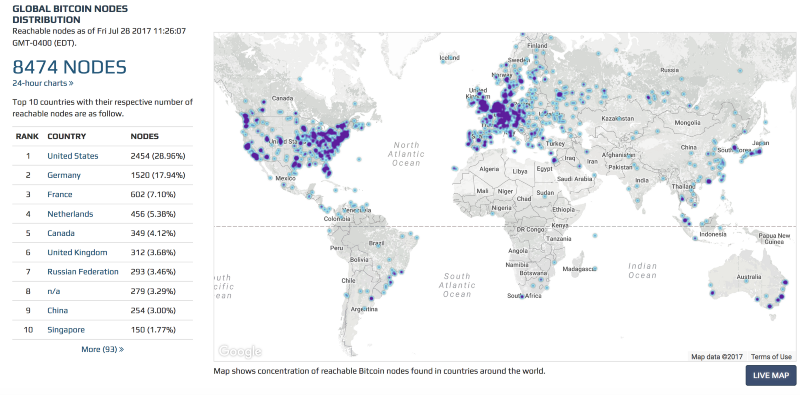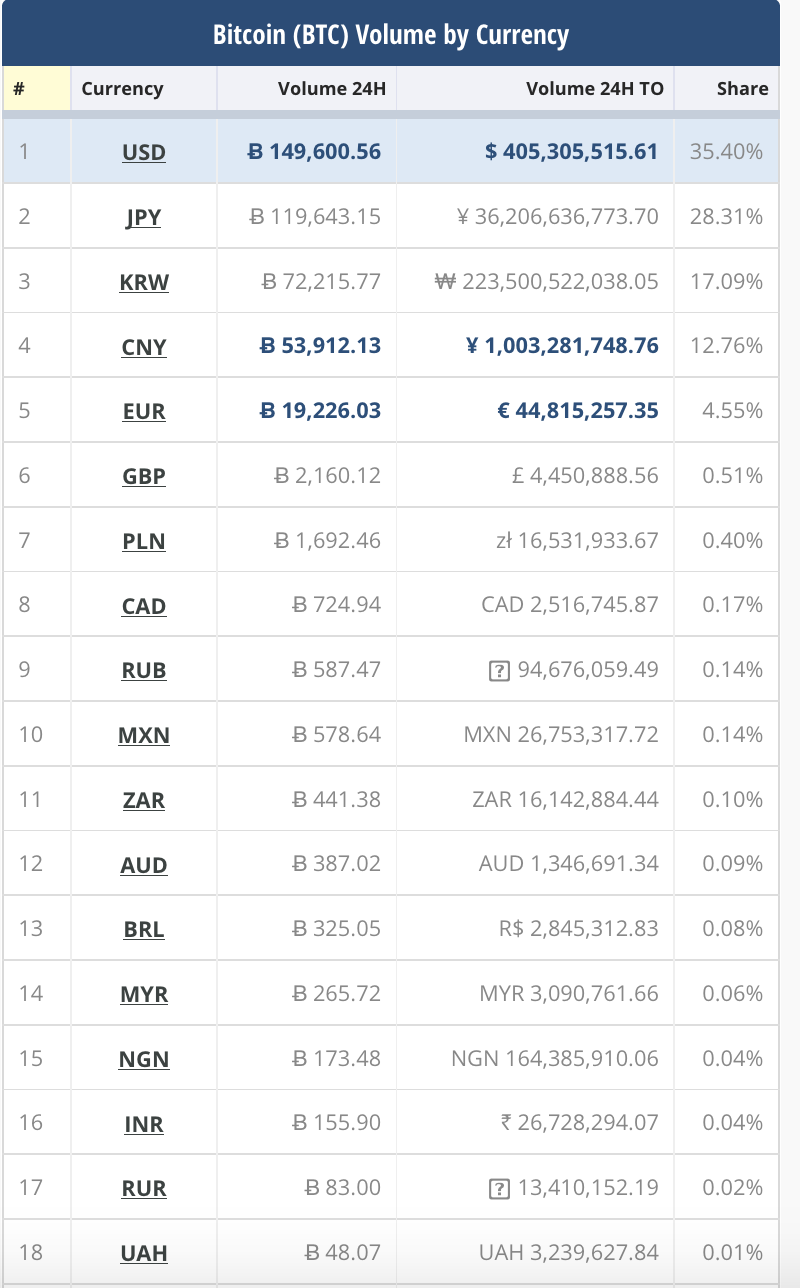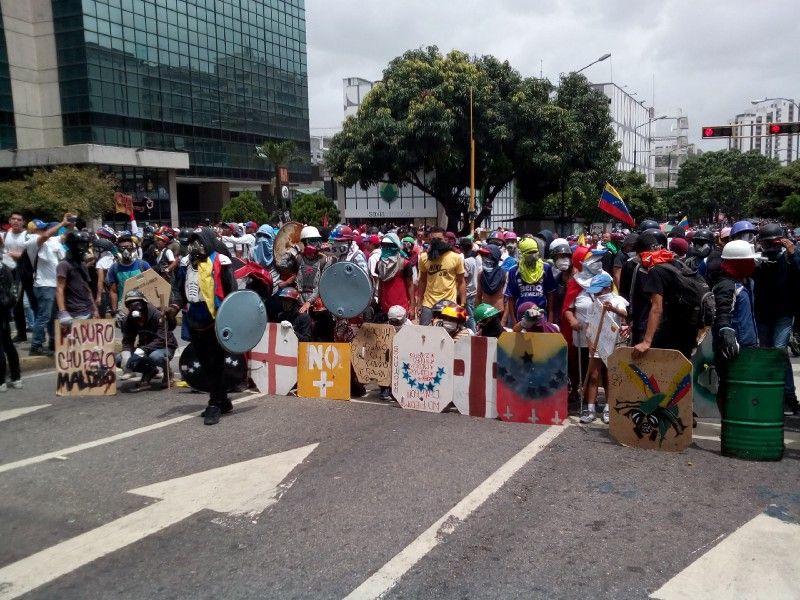A Journey Around the World: A look at why Bitcoin is a hit where
Bitcoin is popular throughout the world, from Venezuela to Japan. What makes it more popular in certain countries? There’s a variety of…
Bitcoin is popular throughout the world, from Venezuela to Japan. What makes it more popular in certain countries? There’s a variety of reasons. The collapse or absence of a central banking system creates interest, such as in Venezuela. Japan and South Korea have strong banking systems, but with their strong tech base and government recognition of Bitcoin leads to widespread acceptance. This post will take an in-depth look at where Bitcoin is used, and why.

Let’s first look at the US and Europe. Bitcoin is, understandably, extremely popular. If we look at the global distribution of Bitcoin nodes, we see that the top six in the world are in North America or Europe.

This is partly due to Bitcoin’s invention, which was essentially, despite Satoshi Nakamoto claimed Japanese background, first used by Americans, and certainly originally took off in the US. That means there has been more time for growth. There is readily available internet and power for miners. In the US there is also a strong libertarian streak among those on the right politically, and an anti-Big Bank attitude that was a big part of Bernie Sanders’ presidential campaign. These attitudes help drive Bitcoin because of its decentralized nature, and the avoidance of banks. It also helps that in Europe and North America, governments don’t over-interfere in Bitcoin, but still try to regulate it to ensure stability and safety for users.
In Asia Bitcoin’s popularity is also strong, in some sense stronger than in Europe. If we look below at the volume of Bitcoin in other currencies, Japan, South Korea, and China follow closly behind the US.

Bobby Lee, the CEO of a large Chinese exchange, outlined why Bitcoin’s popularity in China in his interview with Business Insider. Essentially, he boils it down to a Chinese love for investing in the next big thing, and the large amount of mining that goes on in the country. Because of China’s cheap power from their dams, it is very cost effective to set up mining in China. South Korea and Japan are similar, in that they have a strong tech base, and a love for embracing new things. In addition, the recent relaxation of rules in Japan which accepted Bitcoin as a legal currency, led to a huge increase of usage which helped lead to the Bitcoin price increase at the beginning of the summer. Currently, an increasing number of businesses in the three countries are accepting Bitcoin for payment for goods and services.
The most fascinating places where Bitcoin has taken off though is in the developing world. Venezuela is a prime example. In 2016, an independent study for the UN said that Bitcoin can be “Techno-colonialist” in its implementation, citing concerns that the majority of the influential members in the Bitcoin community have, “little connection to the gritty social reality of many in poorer countries”. However, Bitcoin has proven to be a saving grace for Venezuela. Venezuela has been in economic free-fall, and the bolivar is seeing sky high inflation. Because the bolivar is so unstable, many have taken to using Bitcoin which only requires an internet connection. Some business are now only accepting Bitcoin in fact. Venezuela is a strong showing in favor of bitcoin being able to help cash-strapped developing nations.

Africa is also proving to be an upcoming Bitocin market. In East Africa, Bitcoin is being used to make cross-border commerce and trade easier through programs like BitPesa. Nigeria is seeing an increase in Bitocin usage, driven by those who want more freedom in economic transactions. Again, decentralization plays a significant role in this interest, because many don’t trust the central banks, or the government just can’t keep the economy stable. And since many Africans have a phone with internet access, Bitcoin proves to be an easy way to handle money.
To conclude, bitcoin is popular mainly in places where technology is available, and where governments either make it easier to use Bitcoin or where governments can’t keep their own economies stable. Bitcoin is entrenched in the developed world, and it is developing countries like Venezuela and Nigeria where Bitcoin has proved it can help stabilize the economy, and stimulate growth. So far, its doing a good job.


![Top 10 Tools and Resources for Crypto Research [2021]](/content/images/size/w720/max/800/1-kDyyUnRCD656bm2ny-jHag.png)

Comments ()